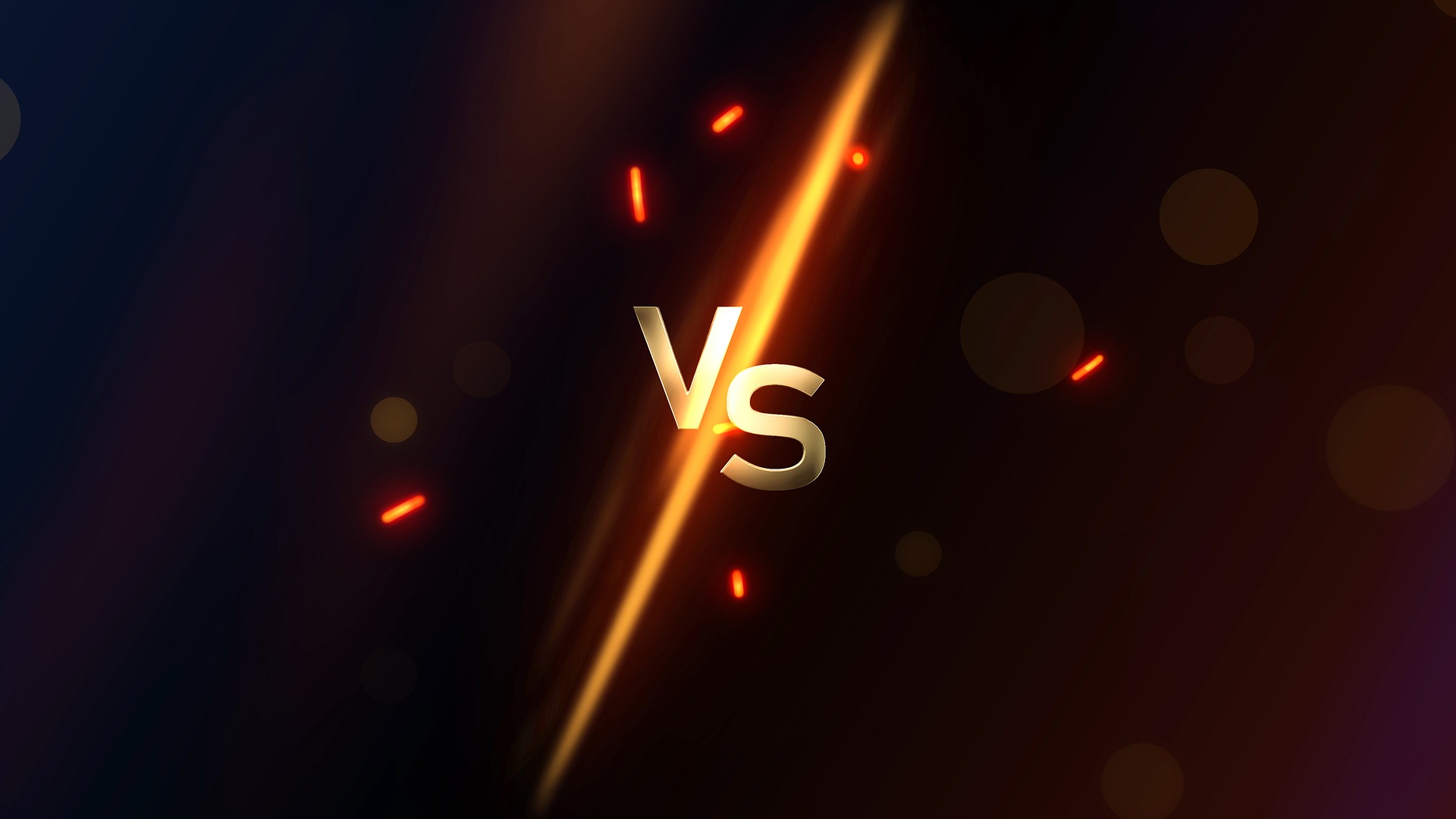Chapter 7 bankruptcy utah – Chapter 7 bankruptcy in Utah offers individuals and businesses a fresh start by discharging eligible debts. Understanding the process, eligibility requirements, and potential consequences is crucial for navigating this financial crisis. Embark on a comprehensive journey through the intricacies of Chapter 7 bankruptcy in Utah, empowering you with knowledge and options to regain financial stability.
This guide delves into the steps involved, timelines, and responsibilities of filing for Chapter 7 bankruptcy. It explores the types of debts dischargeable and non-dischargeable, the impact on credit scores and employment, and alternative debt relief options available in Utah.
Understanding Chapter 7 Bankruptcy in Utah

Chapter 7 bankruptcy provides a legal pathway for individuals and businesses in Utah to discharge certain debts and obtain a fresh financial start. By filing for Chapter 7 bankruptcy, debtors can seek relief from overwhelming financial obligations, protect their assets, and rebuild their financial well-being.
Individuals who meet specific eligibility requirements and have a low income compared to Utah’s median income may qualify for Chapter 7 bankruptcy. Businesses, including corporations, partnerships, and limited liability companies, may also file for Chapter 7 bankruptcy under certain circumstances.
Eligibility Requirements
To be eligible for Chapter 7 bankruptcy in Utah, individuals must meet the following requirements:
- Pass the means test, which compares their income and expenses to Utah’s median income.
- Not have filed for bankruptcy under any chapter within the past 8 years (or 6 years for Chapter 13 bankruptcy).
- Complete a credit counseling course within 180 days before filing for bankruptcy.
Businesses must meet the following criteria to be eligible for Chapter 7 bankruptcy:
- Cease all business operations.
- Have no ongoing income or assets.
- Have no secured creditors.
Documentation Needed
When filing for Chapter 7 bankruptcy, individuals and businesses must provide the following documentation:
- Bankruptcy petition and schedules
- Proof of income
- Tax returns
- Credit counseling certificate
- Statement of financial affairs
Procedures and Timeline of Chapter 7 Bankruptcy in Utah: Chapter 7 Bankruptcy Utah

Filing for Chapter 7 bankruptcy in Utah involves several key steps and follows a specific timeline. Understanding these procedures and timelines can help you navigate the process effectively.
Filing the Petition
The first step is to file a petition with the bankruptcy court. This petition includes detailed information about your financial situation, including your assets, debts, and income. You must also file a list of all creditors and the amounts you owe them.
Chapter 7 bankruptcy in Utah can be a complex process, but it can also be a helpful tool for those who are struggling with debt. If you are considering filing for bankruptcy, it is important to speak with an attorney to learn more about your options.
You can find more information about Chapter 7 bankruptcy in Utah on the Utah State Bar website. Meanwhile, for fans of the popular manga series, Chainsaw Man Chapter 97 is now available online. In this chapter, Denji and Power face off against a powerful new enemy.
Will they be able to defeat him and save the day? Read the latest chapter to find out!
Meeting of Creditors, Chapter 7 bankruptcy utah
After filing the petition, you will attend a meeting of creditors. This meeting is an opportunity for creditors to question you about your financial situation and to object to your discharge.
Chapter 7 bankruptcy in Utah can be a complex and overwhelming process. If you’re considering filing for bankruptcy, it’s important to understand the process and your options. While you’re researching chapter 7 bankruptcy, you might also enjoy taking a break with a fun and challenging game like fortnite geoguessr chapter 1 . After you’ve had some fun, come back to learn more about chapter 7 bankruptcy in Utah and how it can help you get back on your feet financially.
Discharge Hearing
The final step in the Chapter 7 bankruptcy process is the discharge hearing. At this hearing, the bankruptcy judge will review your case and determine whether to grant you a discharge. If granted, the discharge will release you from most of your debts.
Role of the Bankruptcy Trustee
The bankruptcy trustee is a court-appointed official who oversees the administration of your bankruptcy case. The trustee’s responsibilities include liquidating your non-exempt assets, distributing the proceeds to creditors, and filing reports with the bankruptcy court.
Debtor’s Responsibilities
As a debtor filing for Chapter 7 bankruptcy, you have certain responsibilities. These include providing complete and accurate financial information, attending all required meetings, and cooperating with the bankruptcy trustee.
If you are considering filing for Chapter 7 bankruptcy in Utah, you may want to read illicit love chapter 61 to learn more about the process. Bankruptcy can be a complex and stressful process, but it can also be a fresh start.
If you are struggling with debt, don’t wait to get help. Contact an attorney today to learn more about your options.
Effects of Chapter 7 Bankruptcy in Utah

Filing for Chapter 7 bankruptcy in Utah can have significant consequences on an individual’s financial life. It’s crucial to understand the effects of bankruptcy to make informed decisions about whether it’s the right path for you.
Bankruptcy can impact your credit score, employment, and other aspects of your financial life. It’s essential to weigh the potential benefits and drawbacks before proceeding with a bankruptcy filing. Failing to comply with bankruptcy requirements can result in serious consequences, including the dismissal of your case or denial of a discharge.
Types of Debts
Not all debts are dischargeable under Chapter 7 bankruptcy. Some common dischargeable debts include credit card debt, medical debt, and personal loans. However, certain debts are considered non-dischargeable, such as student loans, child support, alimony, and taxes. It’s important to consult with an attorney to determine which debts may be discharged in your specific case.
Impact on Credit Scores
Filing for bankruptcy will have a negative impact on your credit score. The bankruptcy will remain on your credit report for 10 years, which can make it difficult to obtain credit in the future. Lenders may view you as a higher risk and charge you higher interest rates. However, it’s important to note that bankruptcy can also be an opportunity to rebuild your credit over time by making timely payments and managing your finances responsibly.
Impact on Employment
In most cases, filing for bankruptcy will not affect your employment. However, there are some exceptions. For example, if you work in a position that requires you to handle money or have access to confidential information, your employer may be required to conduct a background check. In some cases, a bankruptcy filing may raise red flags and lead to termination of employment.
Consequences of Non-Compliance
Failing to comply with bankruptcy requirements can have serious consequences. The bankruptcy court may dismiss your case or deny you a discharge. This means that you will still be legally obligated to repay your debts. Additionally, you may be subject to sanctions, such as fines or imprisonment. It’s crucial to follow all bankruptcy requirements carefully and seek legal advice if you have any questions or concerns.
Alternatives to Chapter 7 Bankruptcy in Utah

In the face of overwhelming debt, filing for Chapter 7 bankruptcy may not be the only solution. Utah provides several alternative debt relief options, each with its advantages and disadvantages. Understanding these alternatives and comparing them with Chapter 7 bankruptcy can help individuals make informed decisions about their financial future.
Debt Consolidation
Debt consolidation involves combining multiple debts into a single loan with a lower interest rate. This simplifies repayment and can reduce monthly expenses. However, it may not eliminate debt entirely and may require a good credit score to qualify.
Credit Counseling
Nonprofit credit counseling agencies offer personalized advice and debt management plans. They negotiate with creditors to reduce interest rates and waive fees, making repayment more manageable. Credit counseling can improve credit scores but may not address large debts or provide immediate relief.
Debt Settlement
Debt settlement involves negotiating with creditors to pay less than the full amount owed. This can significantly reduce debt but may damage credit scores and incur tax consequences. It is crucial to work with reputable debt settlement companies to avoid scams.
Final Conclusion

Navigating Chapter 7 bankruptcy in Utah can be a daunting task, but with proper guidance and understanding, it can provide a pathway to financial recovery. Weighing the advantages and disadvantages of bankruptcy against alternative debt relief options is essential to determine the best course of action. Remember, seeking professional legal advice is highly recommended to ensure a successful and informed decision-making process.
